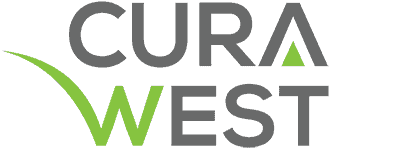The Initial Medical Screening and Evaluation
When individuals first enter a rehabilitation facility, they undergo an extensive medical screening and evaluation that serves as the foundation of their treatment journey. During this thorough assessment, healthcare professionals carefully review the individual’s complete medical history, including past treatments, current medications, and any co-occurring health conditions that may impact their recovery process.
The evaluation continues with a meticulous physical examination, which typically includes essential sign measurements, laboratory testing, and assessment of withdrawal symptoms or medical complications. Medical professionals document any physical health concerns, such as liver function abnormalities or cardiovascular issues, while also screening for immediate medical needs that require urgent attention. This detailed medical assessment enables the treatment team to develop an individualized care plan that addresses both the addiction and any underlying health conditions.
Personal History and Substance Use Assessment
Understanding a client’s personal history and substance use patterns forms the foundation of an effective rehabilitation program, enabling treatment providers to craft targeted interventions that address the unique circumstances of each individual.
During this phase, counselors conduct thorough interviews to gather detailed information about the client’s personal background, including family dynamics, trauma history, and significant life events that may have contributed to substance use. The assessment explores the client’s addiction history, documenting the progression of substance use, previous treatment attempts, and patterns of relapse. Counselors examine factors such as:
- Age of first substance use
- Types of substances used
- Frequency and quantity of use
- Methods of administration
- Environmental triggers and risk factors
- Impact on personal relationships and employment
- Co-occurring mental health conditions
Creating Your Customized Treatment Plan
Every successful rehabilitation journey begins with a carefully structured treatment plan that aligns therapeutic interventions with the individual’s unique needs, circumstances, and recovery goals. During this critical phase, clinicians work collaboratively with each person to establish specific treatment goals, incorporating both short-term milestones and long-term recovery objectives.
The customized plan typically includes a combination of individualized therapy sessions, group counseling, and specialized interventions based on the individual’s substance use history and co-occurring disorders. Treatment specialists carefully consider factors such as mental health conditions, family dynamics, and support systems when developing the program structure. This thorough approach ensures that each aspect of treatment, from medical management to behavioral therapy, is tailored to address the specific challenges while building upon existing strengths and resources.
















